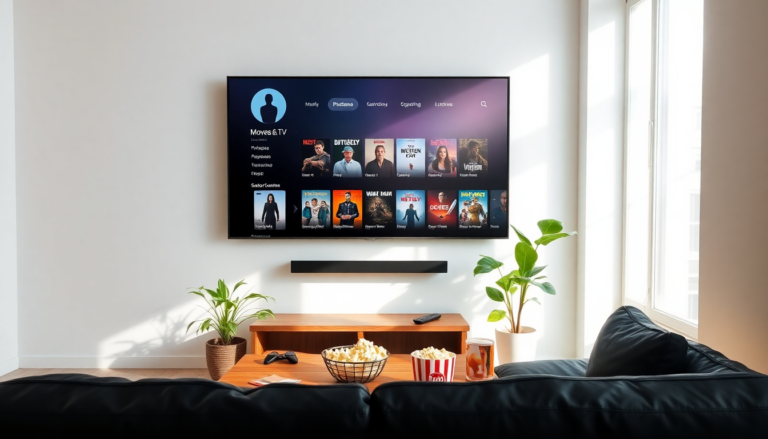Argomenti trattati
In a surprising turn of events, Microsoft dropped a bombshell on July 18: it will no longer allow purchases or rentals for movies and TV shows on both PC and Xbox platforms. Fans of Microsoft’s Movies & TV service are left scratching their heads, as they’ll now need to find alternative ways to get their entertainment fix. But don’t panic just yet—users can still access previously purchased titles through the Movies & TV app, at least for the time being.
What You Need to Know About the Service Change
This discontinuation was confirmed via updates on the Xbox and Windows FAQ pages for the Movies & TV app. The official statement from Microsoft is crystal clear: “Microsoft no longer offers new entertainment content for purchase, including movies and TV shows, on Microsoft.com, Microsoft Store on Windows, and the Microsoft Store on Xbox. However, you can continue to access your purchased content in the Movies & TV app on Xbox or Windows devices.” So, while new purchases are off the table, at least your existing library remains intact.
Moreover, the FAQs clarify that users can still enjoy personal videos on Xbox devices, and downloads will remain available on Windows in HD max resolution. However, it’s important to note that there are no refund options for movies and TV shows, and transferring purchased content to other services isn’t an option.
Trends in the Industry and User Concerns
This move by Microsoft isn’t an isolated case; it reflects a broader trend in the digital media landscape, mirroring actions taken by other tech giants like Google and Apple. Just last year, Apple moved its movie and TV sales from the iTunes store to the Apple TV app, while Google phased out its Google Play Movies & TV service, steering users toward the Google TV app and YouTube. Such transitions raise valid concerns among consumers about the sustainability and accessibility of their purchased content.
Many users are understandably worried about Microsoft’s commitment to maintaining access to previously purchased titles. The digital realm is fraught with uncertainty; companies can withdraw support for services at any moment, leaving users with few options. Past incidents, such as the well-publicized Disney+ purges that wiped entire shows and movies from availability, underscore the precarious nature of digital ownership.
Impact on Gamers and the Digital Content Landscape
Gamers know all too well the frustration that arises when a publisher or developer ceases support for a game, making it unplayable for those who have shelled out cash for it. The Stop Killing Games movement aims to tackle these issues within the gaming community. But the situation is even trickier for movies and TV content, which are increasingly opting for streaming over traditional sales, leaving consumers without the option to buy.
As we navigate this shifting digital terrain, the focus remains on ensuring access to purchased content. Microsoft’s recent changes serve as a stark reminder of the vulnerabilities tied to digital media ownership. Moving forward, users need to stay vigilant and consider the implications of relying solely on digital platforms for their entertainment needs. Are we prepared for a future where our digital libraries could be just a click away from disappearing?

